This past October, WMA welcomed over 400 attendees to the WMA 2023 Annual Meeting, in Pasadena, CA for four days of networking, learning, and connecting. During the Opening General Session and keynote, WMA presented the Arizona Historical Society (AHS) with the 2023 Charles Redd Center Award for Exhibition Excellence, for their work on the exhibition: Rebuilding Home Plate: Baseball in Arizona’s Japanese American Incarceration Camps. Here, Elizabeth Kapp, Curator at AHS, shares some insight into the exhibition's development and focus.
Written by Elizabeth Kapp, Curator at the Arizona Historical Society
The Arizona Historical Society is honored to be the recipient of the 2023 Charles Redd Center for Western Studies Award for Exhibition Excellence. It was a privilege to collaborate with two nonprofit community organizations, the Nisei Baseball Research Project and the Arizona Baseball Legacy and Experience, to develop Rebuilding Home Plate: Baseball in Arizona’s Japanese American Incarceration Camps.
The Arizona Historical Society is a statewide organization, with four Museums located across the 48th state. From January 25 to May 27, 2023, visitors to the Arizona Heritage Center in Tempe, Arizona discovered stories of how hope and possibility can be found in something as simple as a game. Rebuilding Home Plate examined how baseball, "America's National Pastime," was a means of enduring and escaping imprisonment for some of the over 30,000 Japanese Americans confined in the Arizona desert during World War II. There were two government incarceration camps in the state called Poston and Gila River. Despite being stripped of their constitutional rights, the Japanese-American prisoners found a way to hope. Inmates at Poston and Gila River were faced with sparse desert land and military barracks as their new home, but they persisted. Rebuilding Home Plate honors the American ballplayers of Japanese ancestry who rebuilt their lives by playing ball.
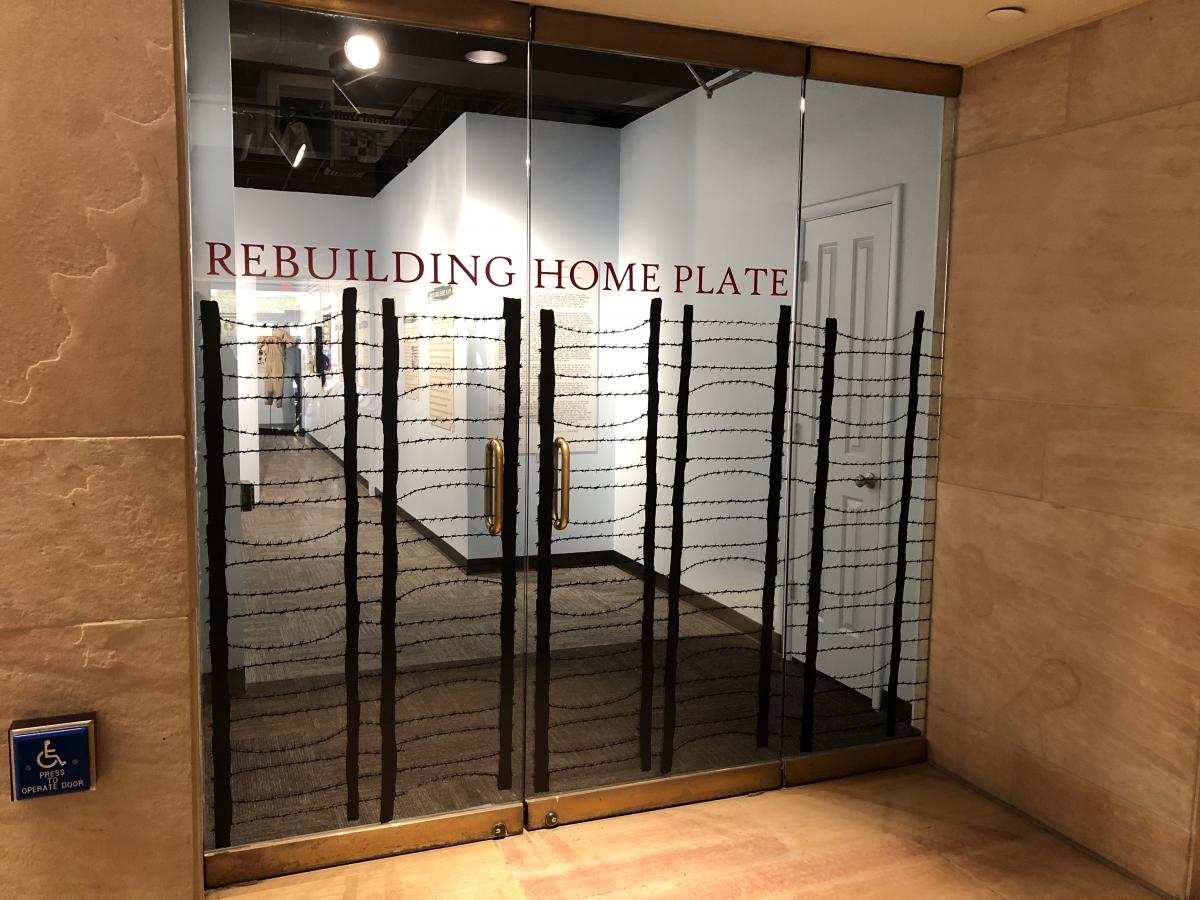
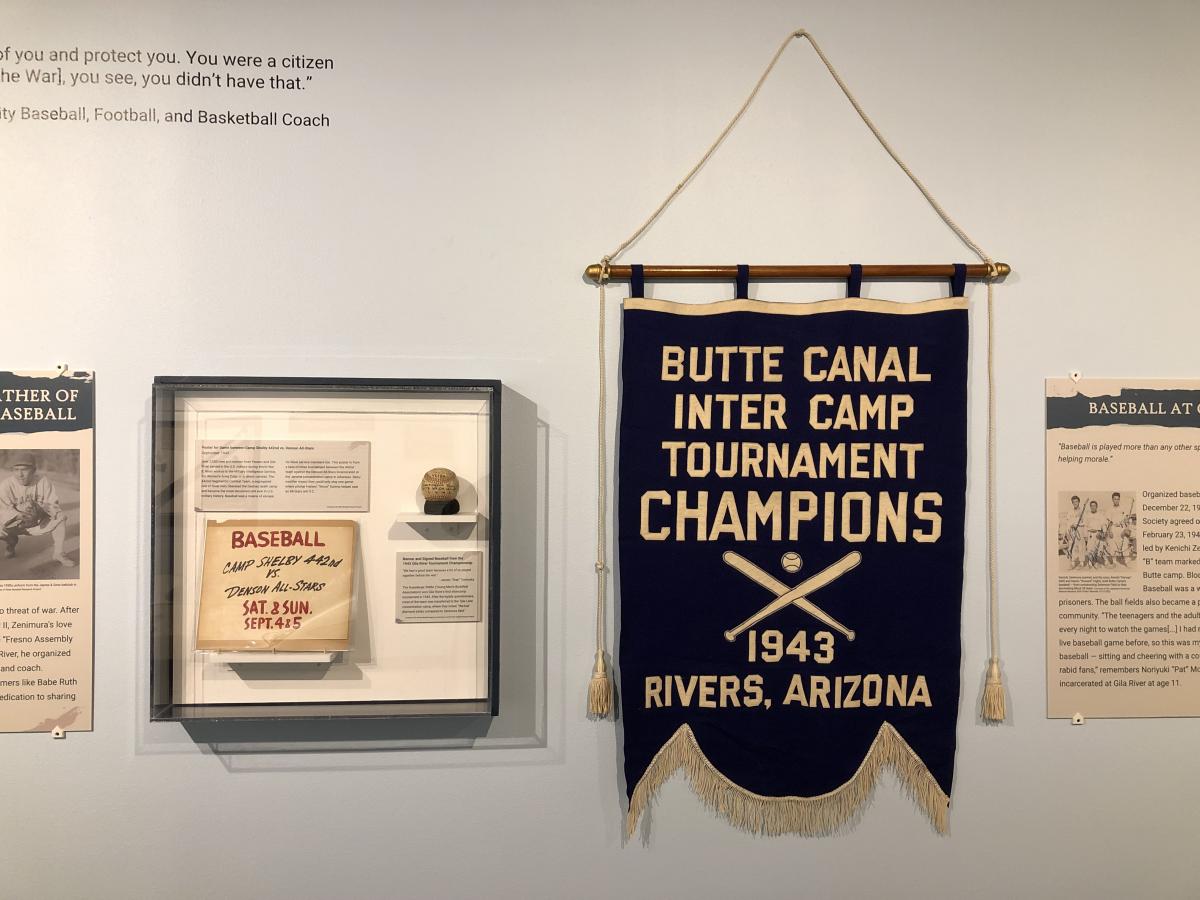
Citizenship and identity were central themes throughout the exhibit. Two-thirds of the Japanese Americans incarcerated during World War II were United States citizens; Japanese-born Americans were legally barred from becoming naturalized. During World War II, these Americans were imprisoned because of perceptions of their patriotism and were denied their constitutional rights because of their identity. Despite the overt disregard of their U.S. citizenship, thousands of Japanese Americans chose to play “America’s National Pastime” while incarcerated.
The story of baseball in Arizona’s “Relocation Centers” during the War is unique because of where the camps are located. Out of the ten concentration camps built across the United States during World War II, Poston, and Gila River were the only two found on indigenous land. This meant that Native Americans and Japanese Americans alike were forced from their homes and confined onto the same land; during World War II, they were both without a voice in the government that was detaining them.
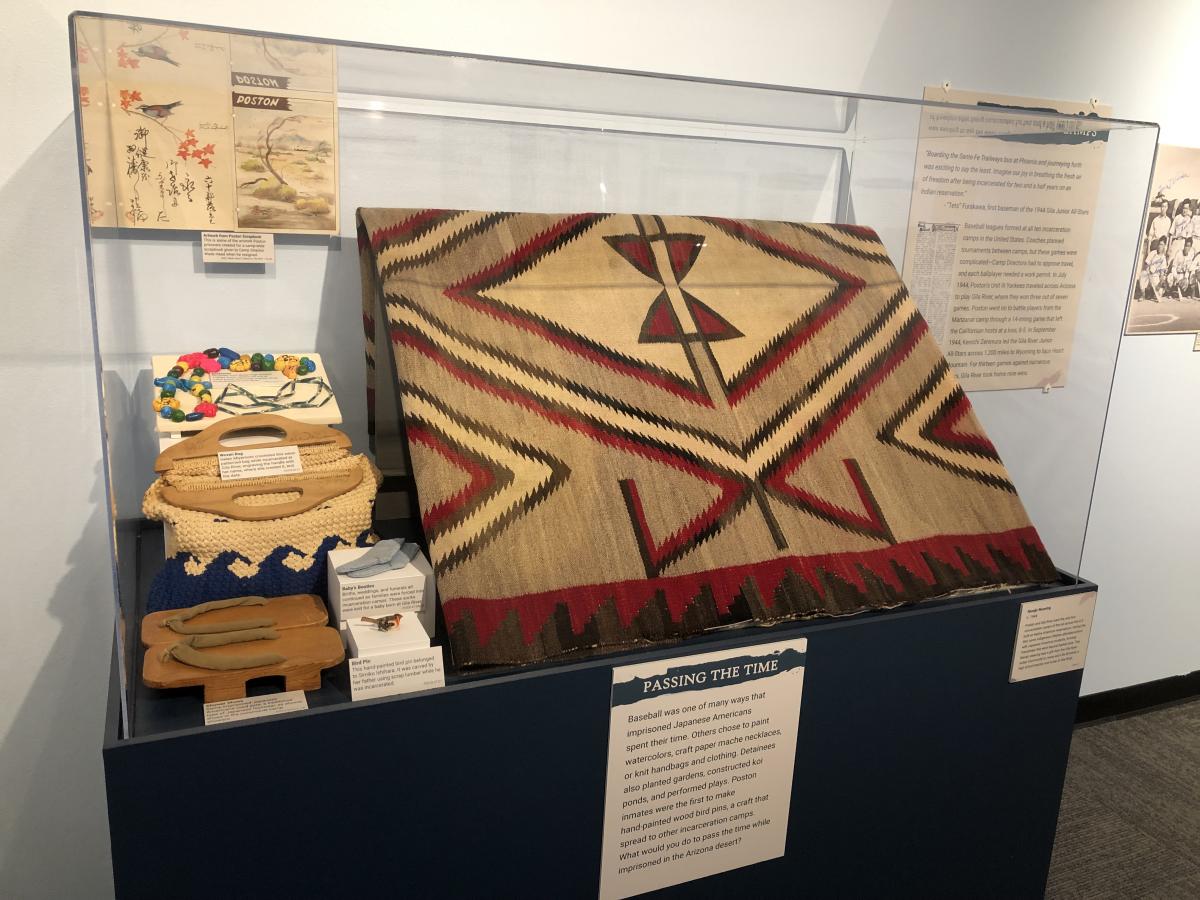
Most Americans view baseball as a source of entertainment or a hobby. However, for hundreds of Americans of Japanese ancestry in Arizona during World War II, it became a means of survival. Rebuilding Home Plate explored stories of how ballgames brought players and spectators a sense of community, sparking hope despite their confinement. The sport became a way for imprisoned Japanese Americans to reclaim the intangible things that were stolen from them. By rebuilding home plates, Americans of Japanese ancestry were able to transform the Arizona desert into something a little more like home.
Elizabeth Kapp is the Curator at the Arizona Heritage Center, a part of the statewide Arizona Historical Society. She would like to thank Kerry Yo Nakagawa, Bill Staples Jr., Mike Phillips, and Charlie Vascellaro for their scholarship and support in making this exhibition a success.
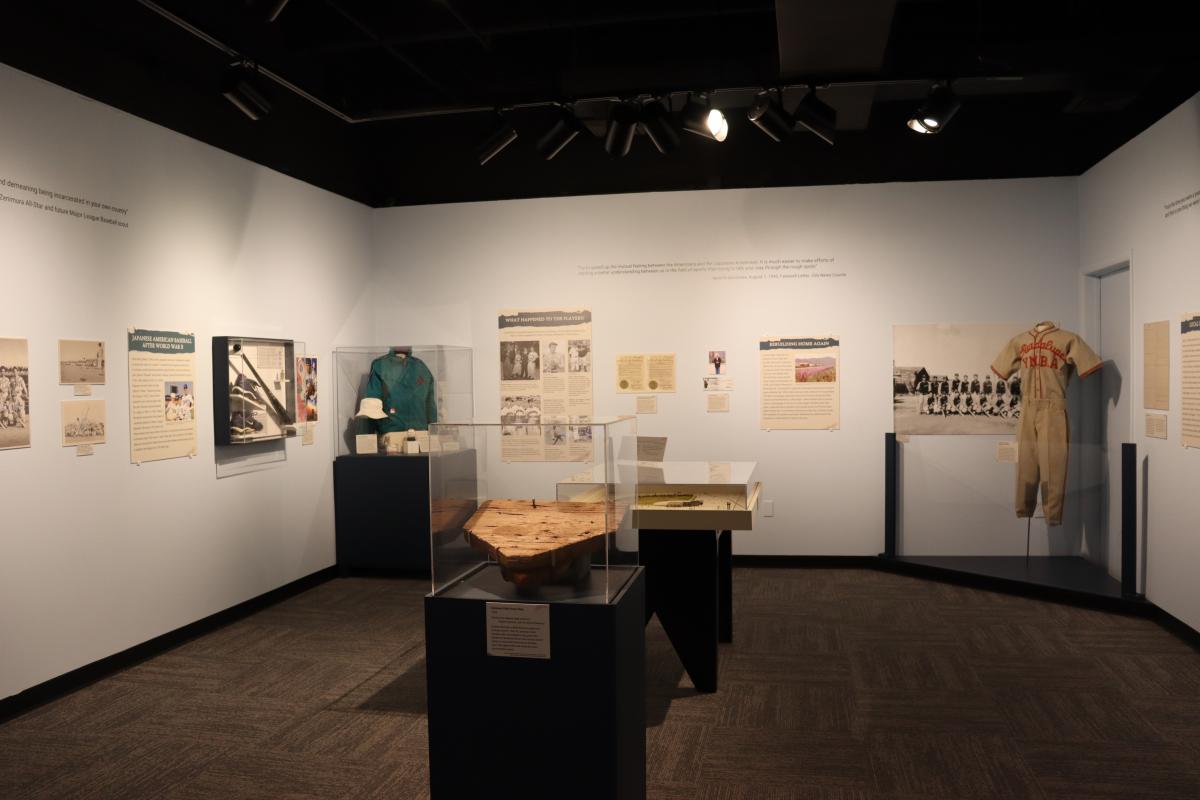
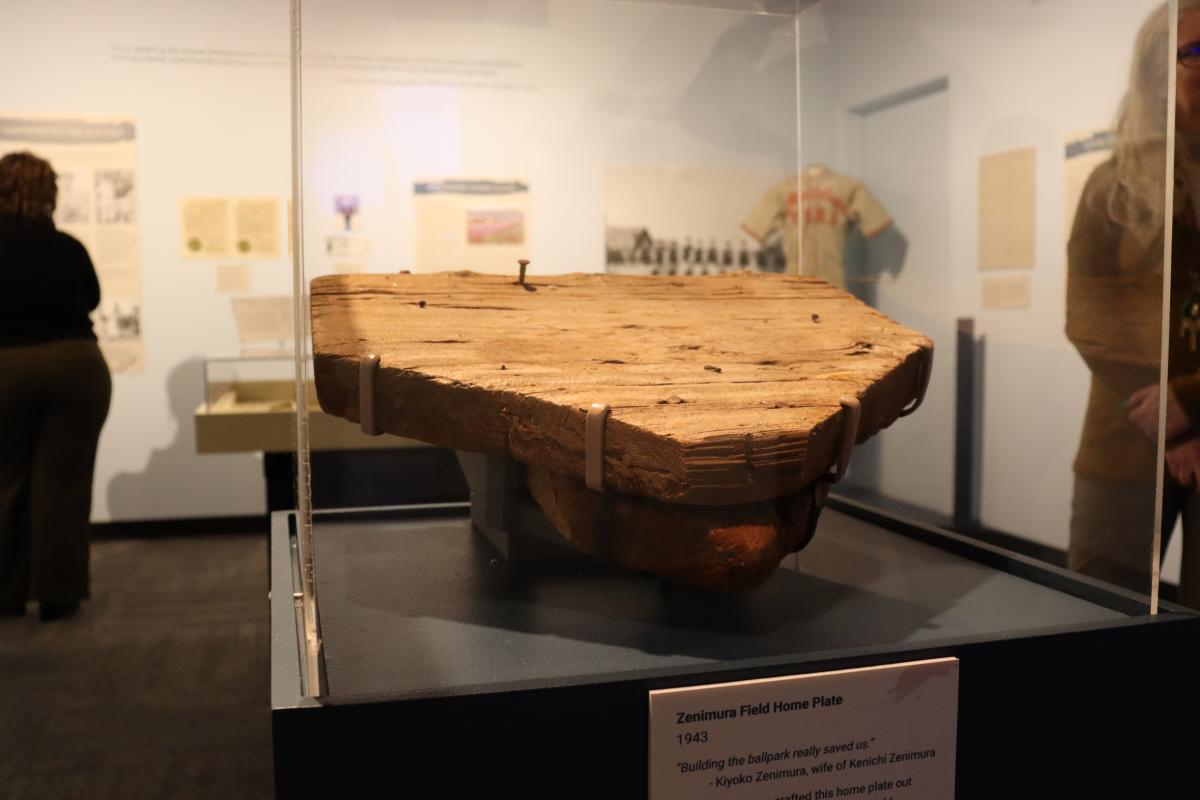
Add new comment